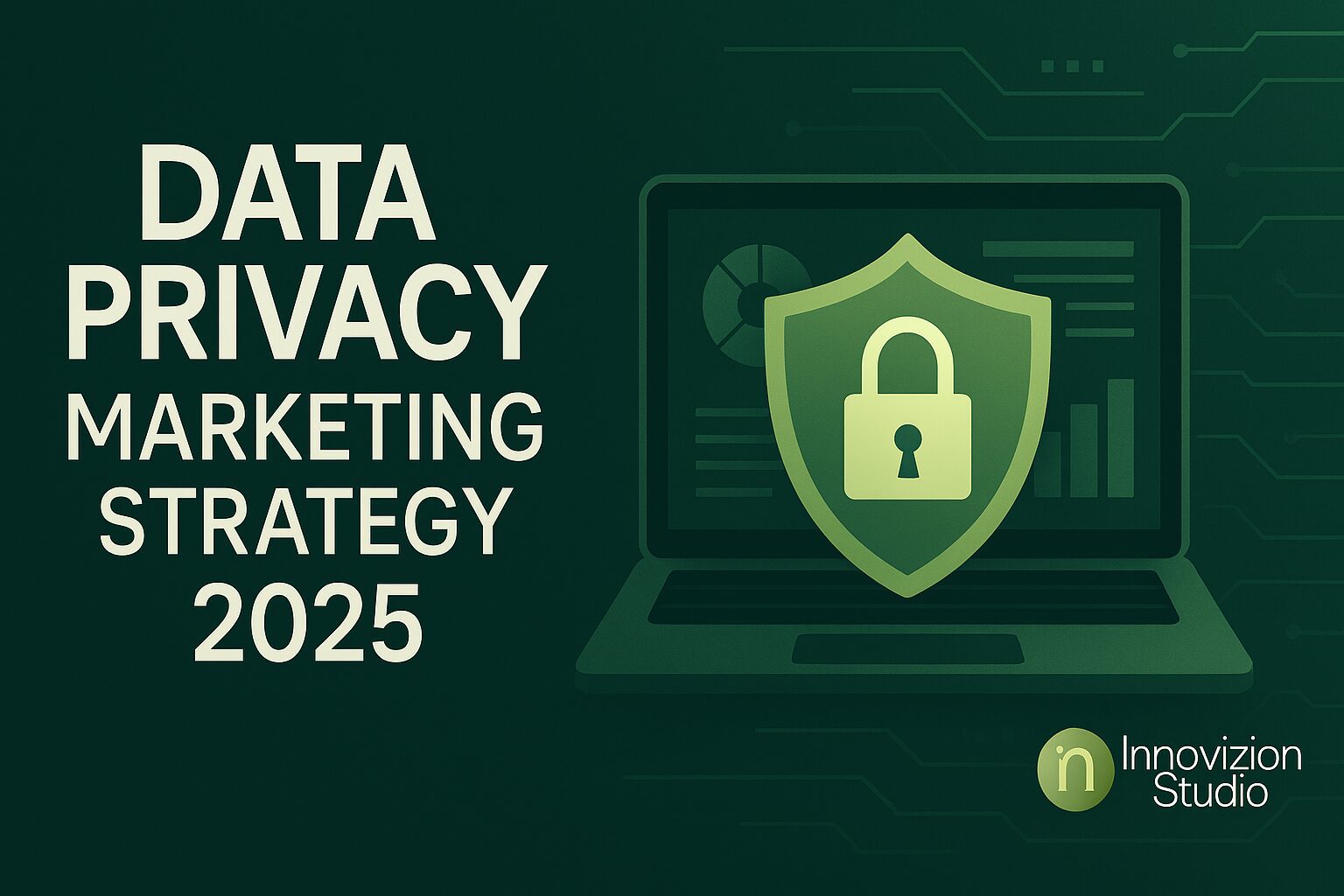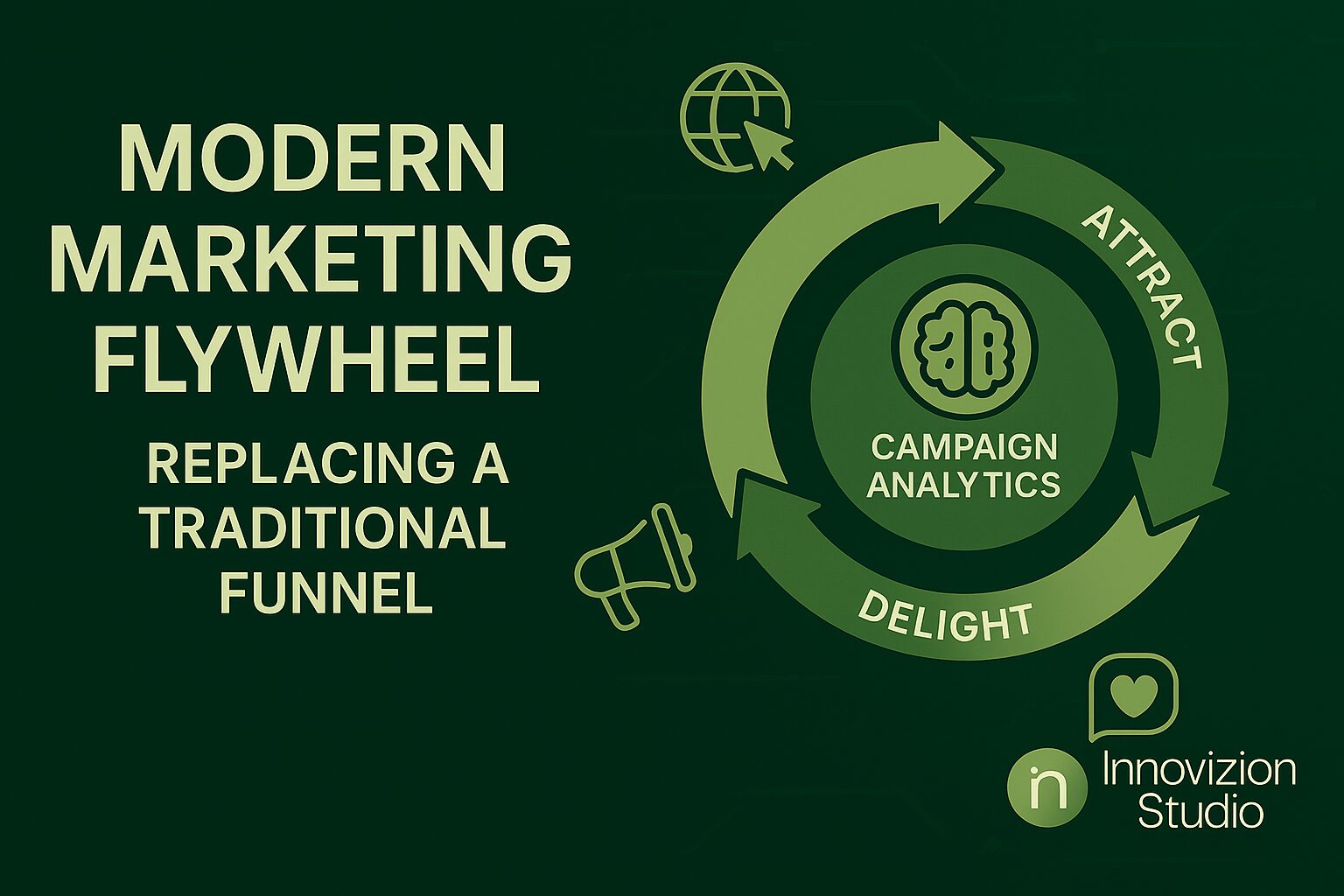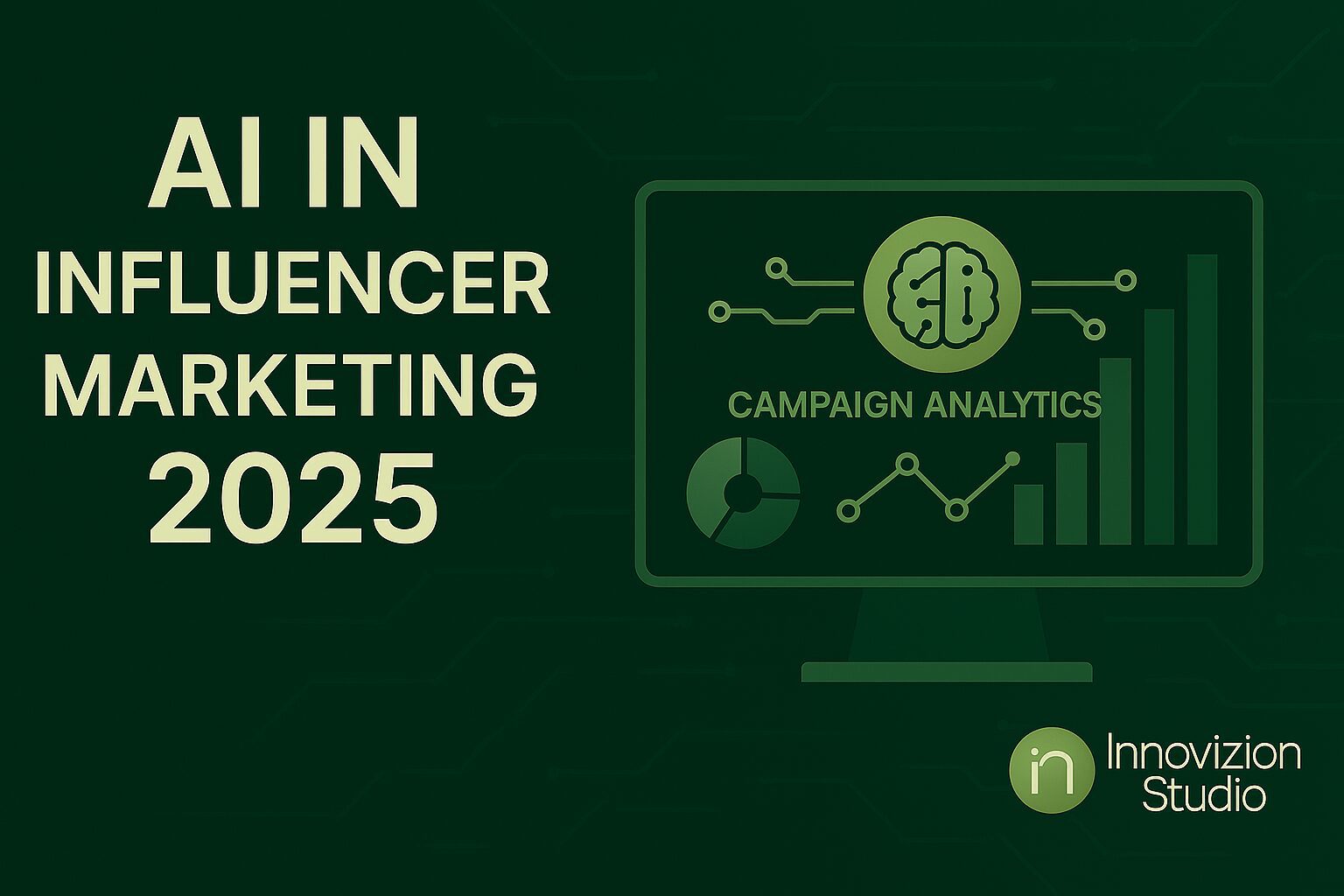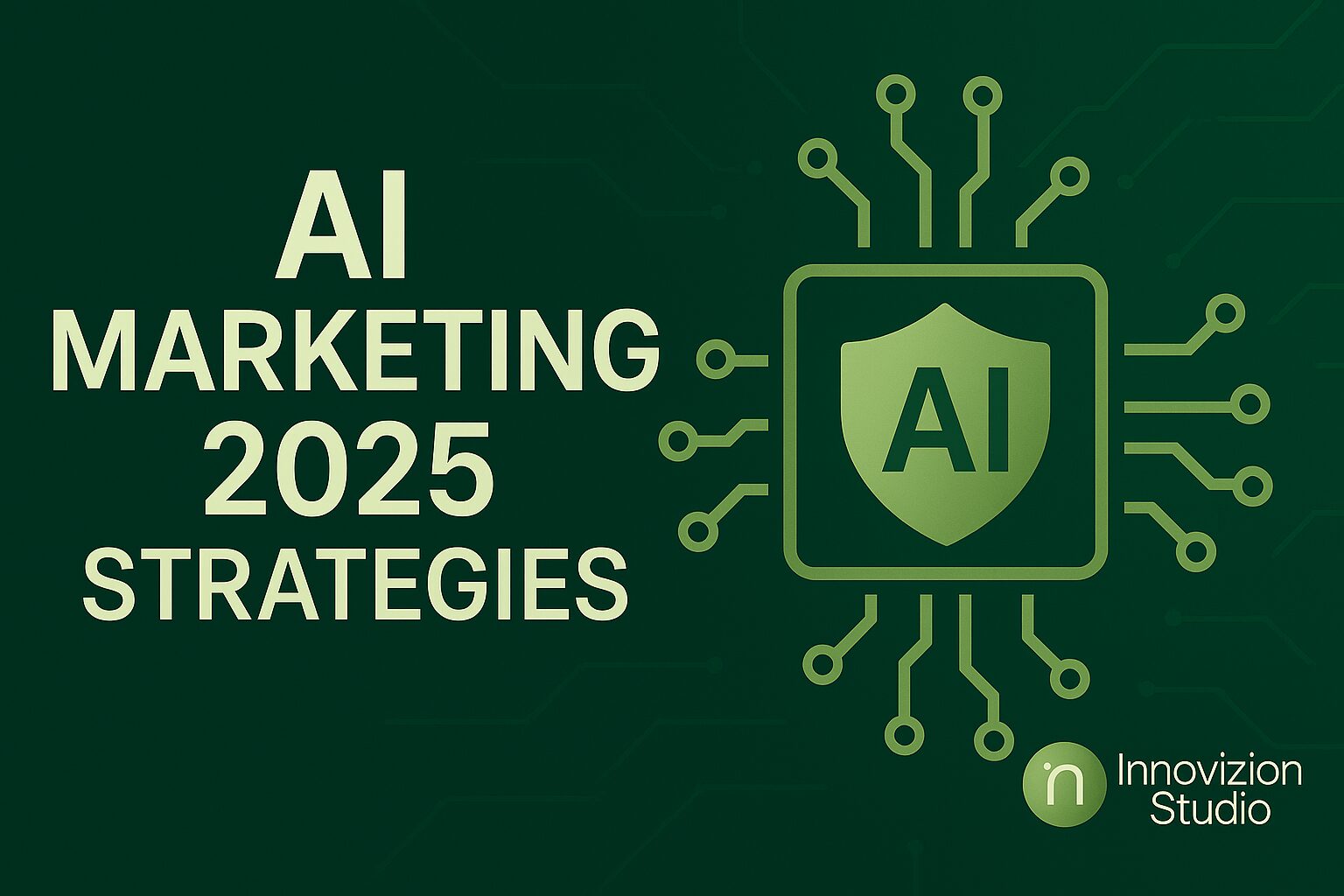Introduction
In 2025, data privacy marketing has become a crucial pillar of digital strategy. As technology evolves and consumers demand more control over their information, businesses face a pivotal moment: how to deliver personalized marketing without violating privacy expectations.
The decline of third-party cookies and stricter privacy regulations like GDPR and CCPA have redefined how brands collect, store, and use data. According to Gartner, by 2026, 80% of marketers will shift to privacy-first strategies, prioritizing trust and transparency.
At Innovizion Studio, we understand that the future of marketing is not about gathering more data but using the right data ethically. Data privacy marketing empowers businesses to build meaningful, long-term relationships with their audience while ensuring compliance with global privacy standards.
This guide will walk you through the essentials of data privacy marketing, highlighting challenges, strategies, and actionable solutions to help your business thrive in this new era.

1️⃣ What is Data Privacy Marketing?
Data privacy marketing refers to ethical, compliant, and transparent practices that ensure customer data is collected, processed, and used responsibly for marketing purposes. Unlike traditional methods that rely heavily on third-party cookies, this approach emphasizes:
- First-party data collection
- Consent-based personalization
- AI-powered anonymized tracking
- Customer trust and transparency
This shift helps brands maintain personalization without compromising privacy.
2️⃣ Why Data Privacy Marketing is Essential in 2025
- 📜 Regulatory Compliance: Stay aligned with laws like GDPR, CCPA, and upcoming global standards.
- 🔒 Customer Trust: 81% of consumers say they won’t buy from brands that misuse data.
- 🚫 End of Third-Party Cookies: Google Chrome and other browsers block cross-site tracking.
- 💼 Competitive Edge: Companies adopting privacy-first strategies see 20% higher retention rates.
3️⃣ Challenges in Data Privacy Marketing
- Limited access to third-party behavioral data.
- Complexity of managing user consent across platforms.
- Increased investment in privacy-compliant technologies.
- Difficulty maintaining personalization without traditional tracking.
Despite these challenges, forward-thinking businesses are using innovative, cookieless solutions.
4️⃣ Key Strategies for Data Privacy Marketing
A. First-Party Data Ecosystems
- Collect data directly from website interactions, apps, and loyalty programs.
- Use server-side tracking for accurate, privacy-safe analytics.
B. Zero-Party Data
- Encourage users to voluntarily share preferences through surveys and personalized experiences.
- Helps create hyper-relevant campaigns without invasive tracking.
C. AI and Predictive Analytics
- Machine learning analyzes aggregated, anonymized data to predict behavior.
- Delivers personalization without storing personal identifiers.
D. Contextual Advertising
- Target ads based on content context, not user history.
- Proven to generate higher engagement rates than traditional retargeting.
E. Transparent Consent Management
- Implement clear opt-in forms and privacy policies.
- Build trust by showing how user data is protected and used.
5️⃣ Benefits of Data Privacy Marketing
- ✅ Future-Proof Campaigns: Comply with privacy regulations.
- ✅ Improved Brand Reputation: Customers value data ethics.
- ✅ Accurate Data: First-party and zero-party data often outperform third-party tracking.
- ✅ Stronger Customer Loyalty: Ethical practices lead to long-term trust.
6️⃣ Real-World Examples of Data Privacy Marketing
- Apple: Promotes privacy as a core value, enhancing brand trust.
- The New York Times: Built a robust first-party data advertising model.
- Procter & Gamble: Adopted AI-driven contextual targeting with great success.
These brands demonstrate that strong marketing results can be achieved without intrusive tracking.
7️⃣ The Future of Data Privacy Marketing
- AI-Powered Cookieless Tracking: Offers real-time personalization ethically.
- Blockchain for Data Transparency: Gives users full control over their information.
- Decentralized Identity Solutions: Enables secure, consent-based data sharing.
- Global Privacy Standardization: Unified policies across regions will simplify compliance.
Forward-looking businesses will embrace data privacy as a core marketing value, not just a compliance requirement.
✅ Innovizion Studio – Your Partner in Data Privacy Marketing
At Innovizion Studio, we specialize in:
- Privacy-first digital marketing strategies
- AI-driven personalization without third-party cookies
- Advanced server-side analytics solutions
- Full compliance with global data privacy regulations
Let us help you future-proof your brand with data privacy marketing that builds trust and drives results.





